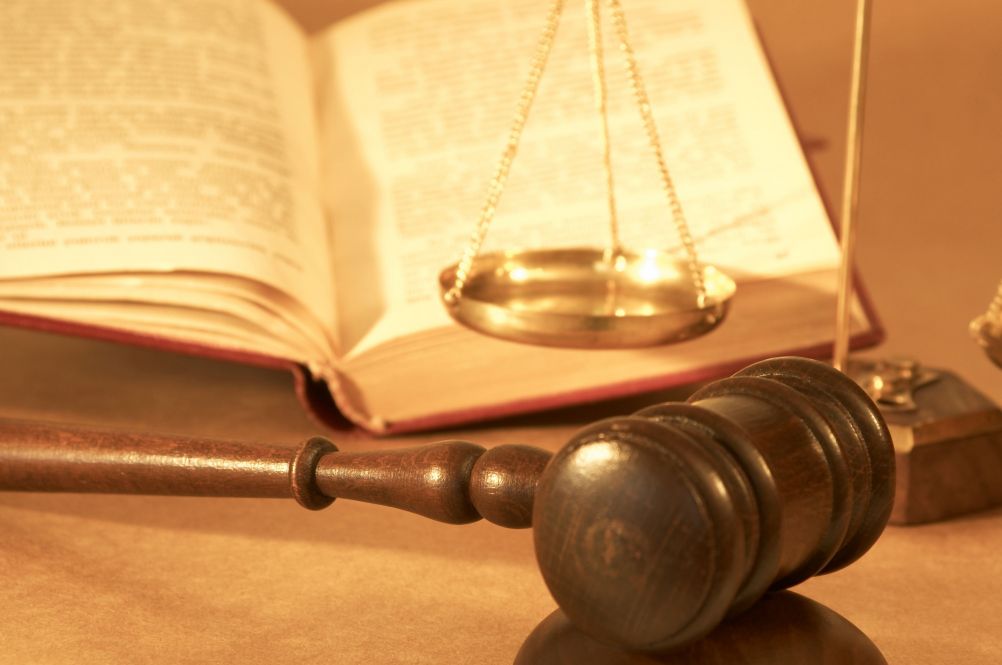By Steven R. Smith, Attorney and David Wolf, Attorney
Published by Child Injury Lawyer Network

In New York and other States, children are the unfortunate victims of abuse, neglect, and physical violence. In some instances, the injuries are hidden or masked because the resulting injuries are subtle in nature and explained away by everyday incidents like playing sports or falling down. In other instances, the injuries are far more serious and even fatal. A criminal case went to trial in Manhattan, New York.
Even though the facts or resulting injuries may seem clear to the typical person, there is still a burden upon the State to prove that the injuries resulted from a criminal act. As such, expert testimony is often presented in both criminal and civil cases to prove that the death was the result of a “bad” act rather than an unforeseeable and unpreventable incident. In this New York case, Clayden Urbanek (14 months old) died as a result of fatal blows and trauma exerted by the mother’s boyfriend according to prosecutors. A pediatric specialist, Kimberly Molik, M.D., testified that the injuries sustained by the child were among the worse that she has seen in her medical career. You can read more about this story at New York Child Death – Criminal Trial in Manhattan – Doctor and Others Testify.
When a child dies as a result of alleged abuse or neglect, the person inflicting or causing the harm can be arrested and prosecuted. This includes parents, babysitters, day care center workers, teachers, coaches, and other individuals to intentionally or carelessy inflict harm upon the child. When a child dies, there are a variety of charges that may be brought. This will depend on the evidence available, facts and circumstances, laws in place, and the philosophy and approach by the local prosecutor to the particular case.
It should be pointed out that a criminal case is much different than a civil case that involves the death of a child. Here are the differences:
1. Who files and brings forth the case?
In a criminal case, the State through the prosecutor’s office files the case against the Defendant.
In a civil case, the personal representative of the estate of the deceased child through a Child Injury Lawyer files the case against the Defendant. A civil case may also be brought against a day care center, school, sports organization, or other entity who may have played a role in the death and / or was responsible for training and supervising the Defendant.
2. What is the standard of proof?
In a criminal case, the State must prove its case beyond a reasonable doubt.
In a civil case, the Estate must typically prove the case by the greater weight of the evidence. It should be noted that the criminal standard is typically much tougher than the civil standard of proof.
3. Is compensation available through the proceeding?
In a criminal case, restitution may be ordered to compensate the parents for out of pocket economic expenses. Typically, a parent is not awarded pain and suffering type of damages through a criminal proceeding.
In a civil case, compensation can be pursued in the form of both economic damages and non-economic damages (pain and suffering). While a parent can seek compensation, collecting upon a settlement or a judgment for the damages may prove difficult if there is no liability insurance for the incident that took place and the Defendant does not have any substantial assets to cover a settlement or judgment.
4. Can the Defendant be sentenced to a prison term?
In a criminal case, a prison term can be served pursuent to a verdict of guilty or through a plea bargain. Typically, a Judge must approve or issue any sentencting orders.
In a civil case, no prison term or incarceration can be ordered because it is not the proper forum to issue such orders.
The book titled – The ABCs of Child Injury – Legal Rights of the Injured Child – What Every Parent Should Know – has chapters on Automobile Accidents, Day Care Center Injuries, School Injuries, Medical Bills and Insurance, Child Abuse, and other topics. You can get this book for free at The ABCs of Child Injury.
 Child Injury Lawyer Blog
Child Injury Lawyer Blog

